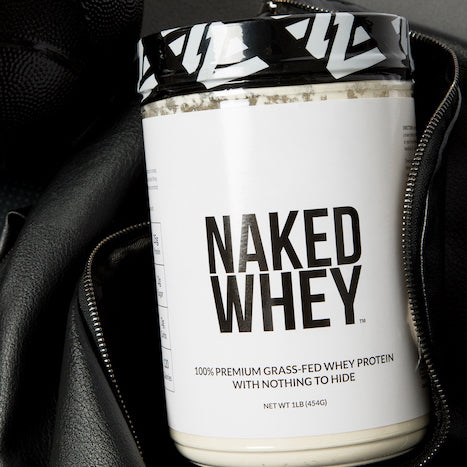No discussion regarding sports nutrition would be complete without at least mentioning protein. And, if proteins come up, you're very likely to start talking about the quality of said macronutrient.
When that happens, there are generally two terms that get used: complete protein and incomplete protein. But what, exactly, do these phrases mean?
Measuring Protein Completeness
As you may or may not be aware, proteins are actually composed of many small substances called amino acids. In fact, these amino acids are what make proteins so very important. Because aminos acids can be used to build just about any cell, tissue or chemical that your body needs, having a steady supply of them supports a huge range of biological functions.

But, some – in fact, most – amino acids can actually be made within your body out of other raw materials. Because you do not need to get these aminos through your diet, they are considered “nonessential.”
There are nine amino acids, however, which can only be found in your diet. These are referred to as “essential amino acids.” Just for reference's sake, these are:
- tryptophan
- lysine
- methionine
- phenylalanine
- threonine
- valine
- leucine
- histidine
- isoleucine
In dietary jargon, a “complete” protein is one that contains all of these amino acids. Logically, then, an incomplete protein is lacking one or more essential amino acid.
Interestingly, the term “complete” does not refer to the content of nonessential amino acids. Although, it should be noted, “incomplete” is sometimes used incorrectly to describe a protein that is lacking a nonessential amino acid or two.
Does It Matter?
Often, when people do get to talking about complete and incomplete proteins, the general attitude seems to suggest that only complete proteins are with your time and energy.

Is this true? Well... not really. While it is true that complete proteins do provide everything your body needs in one easy package, that does not make incomplete proteins useless. In fact, can make effective use of amino acids that come from a variety of foods or even from different meal spread throughout the day.
Because many plants are incomplete proteins, vegans, for example often make excellent use of wise food combinations. This allows one incomplete protein to complement and complete another. As mentioned, however, this doesn't even need to be done in the same meal.
Eating a variety of foods over the course of the day, then, will give you a chance to collect all of the essential amino acids that you need from incomplete sources.







